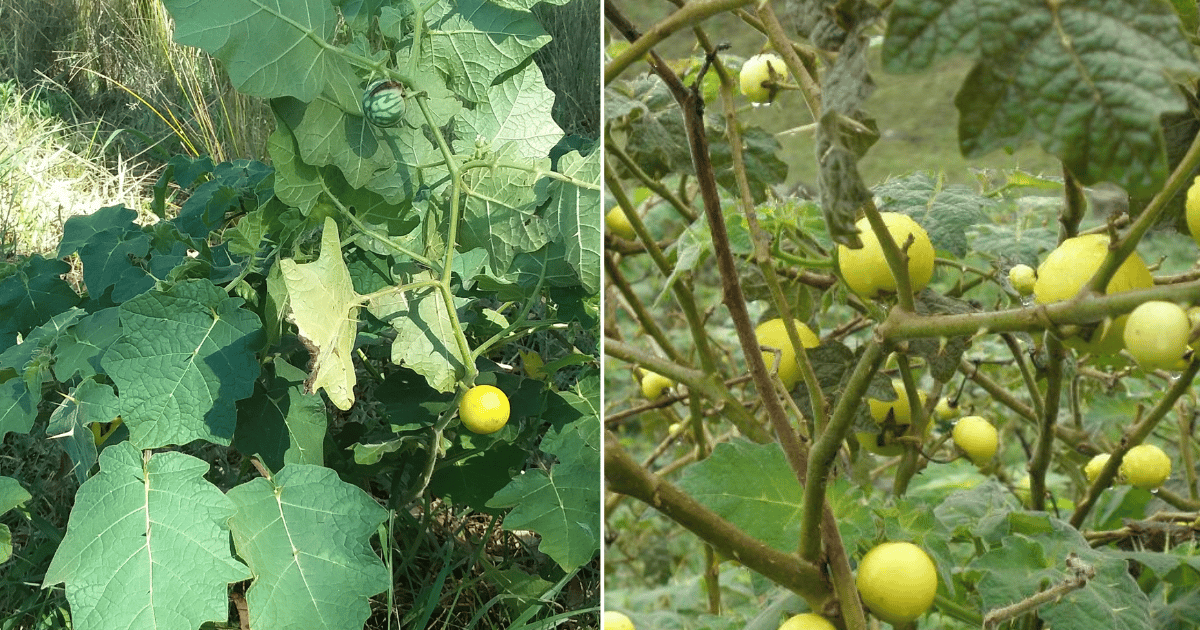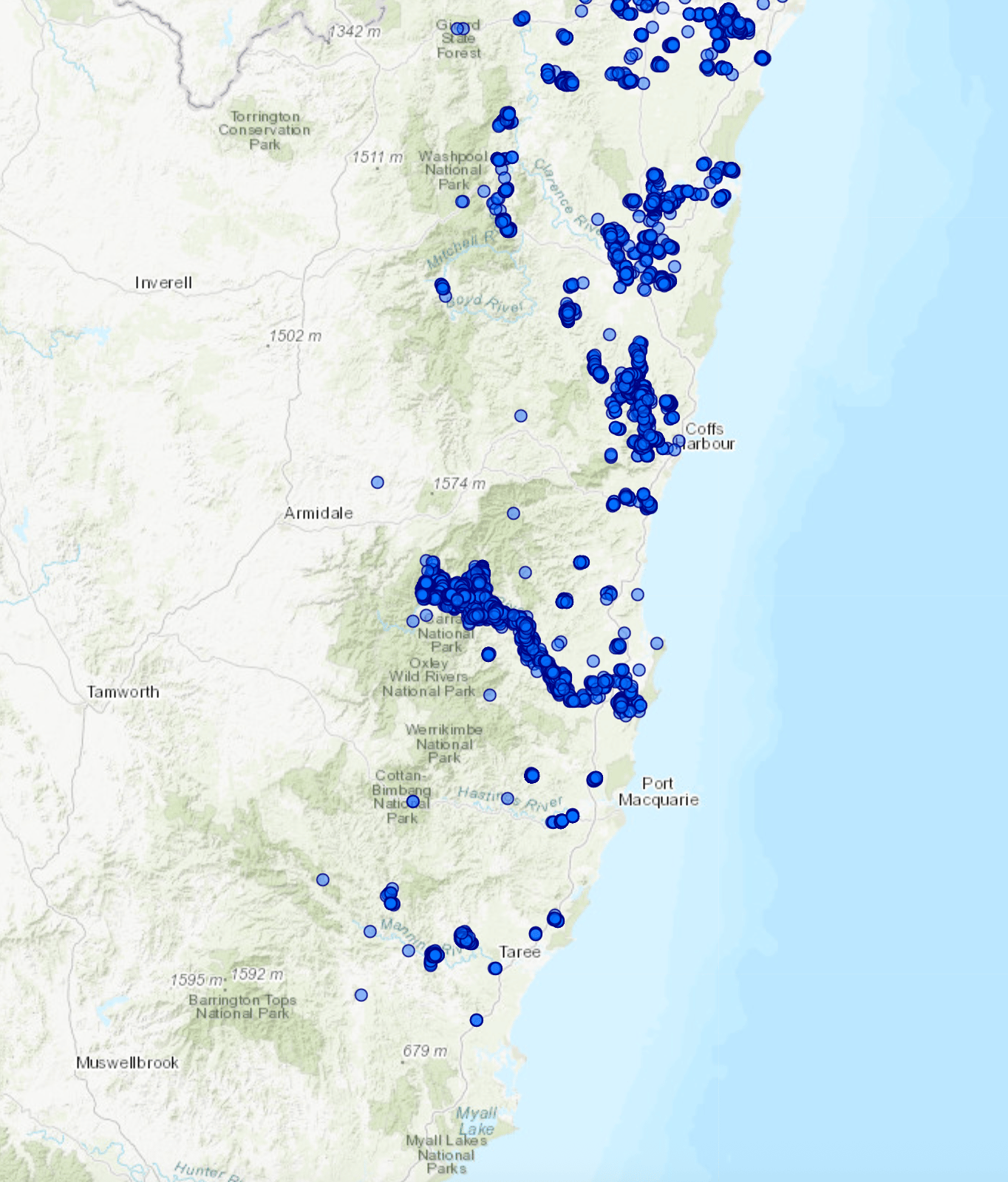2025's repeated flooding brings on another challenge: Invasive weeds
Here's what you need to know about tropical soda apple, a serious biosecurity threat.

Mid North Coast landowners are being urged to check their properties for tropical soda apple – especially in the Lower Macleay Area – after floods hit the region multiple times over the past year.
🌱 A weed that takes over: The fast-growing invasive weed can take over paddocks – covering as much as one hectare in six months from just a few plants.
It forms thick, thorny patches blocking livestock from accessing water and shade, and also hosts many pests and diseases including viruses, fungi and insects that damage fruit and vegetable crops – all the while harming native plants.
🥊 A double threat: Already posing a threat to primary producers doing it tough after this year’s severe weather events, tropical soda apple prickles can injure animals and people. It is also poisonous to humans if eaten in large quantities.
☣️What’s the damage? The reality is, tropical soda apple is a serious biosecurity threat.
The weed was first discovered in Australia in the upper Macleay Valley in August 2010, and has since spread across the entire Mid North Coast and beyond.
The seeds are easily spread by water – as well as animals, hay bales, machinery and people – and it’s feared that the floodwaters from earlier this year may have carried the invasive weed to new areas – particularly in floodplains, riverbanks, tributaries, and flood debris.
🍏 Almost 50,000 seeds a year: Each fruit can hold up to 400 seeds, which can germinate in just a few weeks. According to the Department of Primary Industries (DPI), each plant produces 45,000 seeds per year. To put it into perspective, the DPI reports in America have recorded TSA covering over half a million hectares in just five years.

Map: Biosecurity Information System - Weeds, 2017-2025. Screenshot: DPI website.
🌧️ Increased rainfall increased spread: The Bureau of Meteorology's forecast for September to November said rainfall is “very likely” to be above average across most of eastern Australia.
Kempsey Shire Council’s Environmental Health Manager, Jack Dickey said the rainfall may lead to additional river rises and floods, which has the ability to spread tropical soda apple more rapidly than dry conditions.
“Access to land and paddocks with tropical soda apple is also impacted by heavy rain events where access may not be possible via vehicles or all terrain vehicles,” he told the Mid North Coaster.
Dickey said flooding has the ability to spread a large number of weeds other than tropical soda apple, such as salvinia, sticky nightshade, grass weeds, and other various species some of which are toxic to livestock.
🎽One more go: Tropical soda apple is just another challenge for the region’s primary producers.
“The impacts are not yet known, however during spring and summer we may see tropical soda apple germinating at a rapid rate along the Macleay River including the lower floodplains,” Dickey said.
“We are particularly interested to hear from landholders who discover tropical soda apple that have not yet had the weed on their property.”
🌀What’s causing all this rain, anyway? Councillor at Climate Council of Australia, Professor Emeritus David Karoly, told the Mid North Coaster the rise in ocean temperatures is behind the increased rainfall.
“Ocean temperatures to the east of Australia have been much above normal since 2024. Which leads to much above normal moisture in the air and increased rainfall for trade winds blowing off the ocean onto the coast.”
🔨 What to do: Farmers are being asked to check all paddocks that were flooded and especially remaining flood debris.
Landowners should also inspect riverbanks and low-lying areas near flowing water, like creeks and streams.
People are being asked to take photos of fruit found and then to (safely, of course) burn it. Report all sightings to the local council.
Kempsey Shire Council, an LGA heavily impacted by the May flood event, is gathering information on where tropical soda apple moved during the flood to help map its spread and monitor for new outbreaks.
“This weed spreads fast, and we want to act early before it becomes a bigger problem,” Dickey said. “We need landowners to prevent tropical soda apple from growing on their properties.”
Not sure what to look for? Visit the DPI website for an extensive description of the weed and further information about how it spreads. You can also call the NSW Biosecurity Helpline on 1800 680 244.
Thumbnail: Tropical soda apple. Supplied Kempsey Shire Council.
